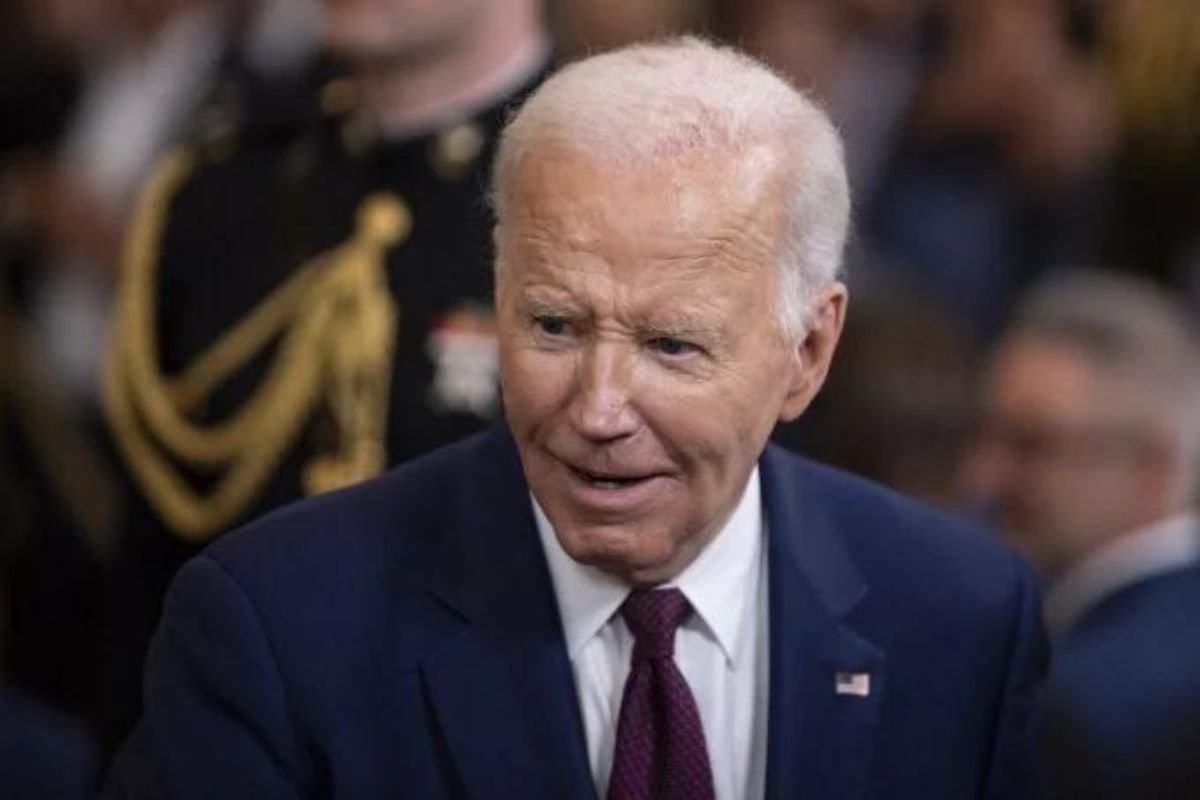In a move aimed at alleviating widespread consumer frustration, the White House is proposing new regulations designed to simplify the process of subscription cancellations and memberships. This initiative, revealed by Neera Tanden, President Joe Biden’s domestic policy advisor, addresses a common grievance among consumers who find it far easier to enroll in services than to terminate them.
Tanden highlighted that many companies deliberately make cancellation processes cumbersome to deter consumers from ending their subscriptions. The current practices often involve extended hold times, confusing procedures, and other obstacles that frustrate customers into abandoning their attempts to cancel. Tanden pointed out that these tactics are not random but are strategically employed by businesses to retain revenue for as long as possible. The goal of the new rules is to counteract these practices by making the cancellation process as straightforward as the initial sign-up.
The Federal Trade Commission (FTC) is anticipated to finalize a proposal known as “click to cancel” by early next week. This regulation will mandate that companies offer an equally simple and accessible method for canceling subscriptions or services, mirroring the ease with which consumers can subscribe. The initiative aims to reduce the deliberate complexities that many companies impose on subscription cancellation processes, thus enhancing consumer protection and transparency.
Consumer Pain Points and Broader Regulatory Efforts
The push to simplify subscription cancellations comes as part of a broader effort by various government agencies to address prevalent consumer issues. This includes recent changes in airline regulations enforced by the Department of Transportation (DOT). Since June, new rules have required airlines to automatically issue refunds for canceled or significantly delayed flights, eliminating the need for customers to navigate complicated refund processes. Additionally, the DOT is working to eliminate “junk fees,” such as extra charges for seating arrangements that keep families together during flights.
This focus on reducing consumer grievances is a component of the Biden administration’s broader campaign against what it terms “junk fees,” which have been a source of widespread dissatisfaction among consumers. However, this crackdown is encountering resistance from industry stakeholders. Notably, a federal judge recently imposed a temporary injunction against a rule that would cap late credit card payment fees at $8 per month. This legal challenge arose from a lawsuit filed by the U.S. Chamber of Commerce and the banking industry against the Consumer Financial Protection Bureau (CFPB).
Challenges and Industry Opposition in Subscription Cancellations
Despite the administration’s efforts, the initiative to curb junk fees and simplify consumer interactions with service providers is facing significant hurdles. Industry opposition and legal battles threaten to impede the progress of these regulatory measures. The ruling against the credit card fee cap highlights the ongoing tensions between regulatory bodies and the industries affected by these new rules. As the Biden administration continues to push for greater consumer protections, the outcome of these legal and regulatory challenges will be crucial in determining the future landscape of consumer rights and corporate practices.
The White House’s efforts to streamline the cancellation process represent a significant step towards empowering consumers and mitigating the frustrations associated with ending unwanted subscriptions and services. As these proposed rules move forward, their impact on both consumer satisfaction and industry practices will be closely monitored.
Also Read : The Enterprise world





